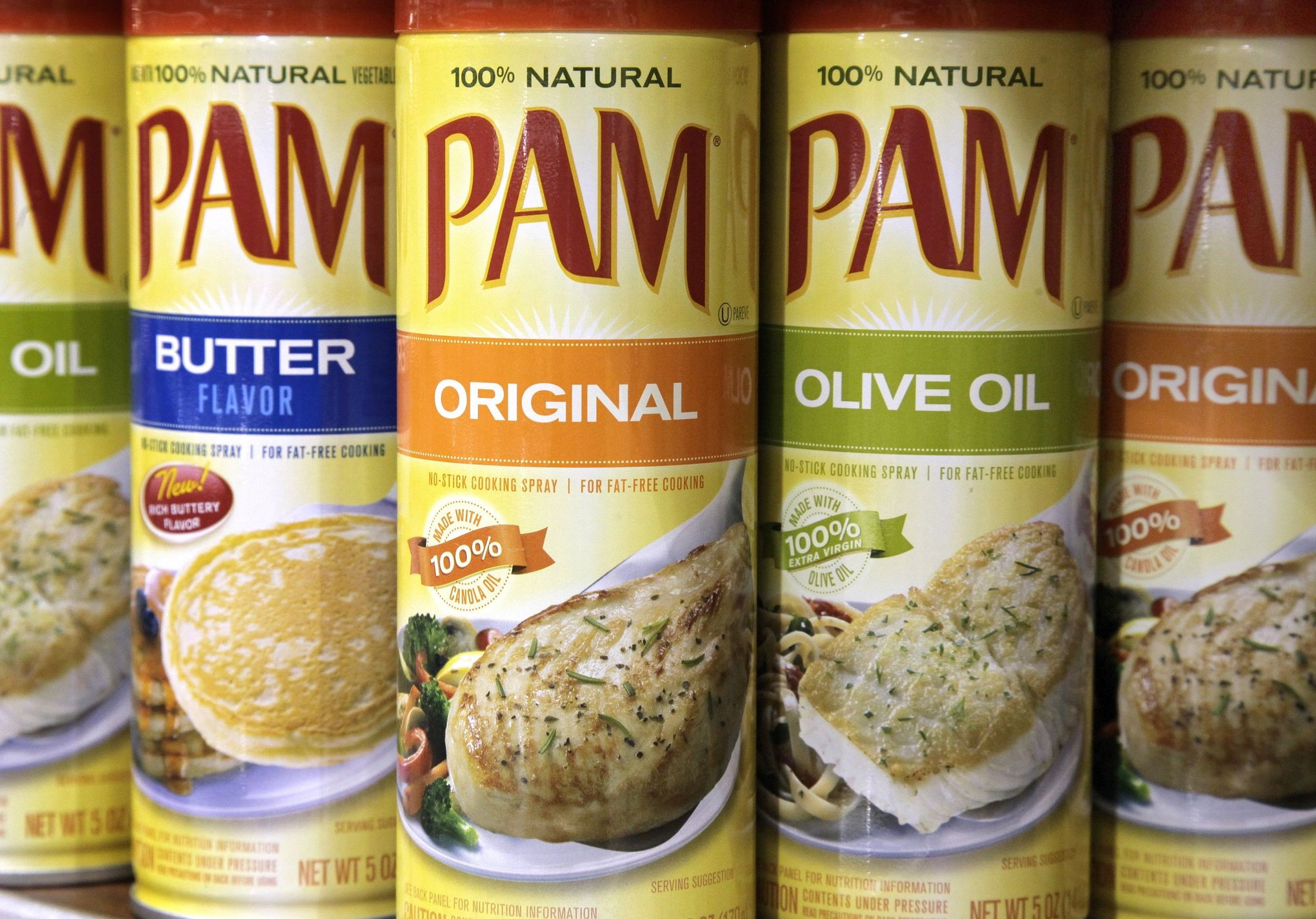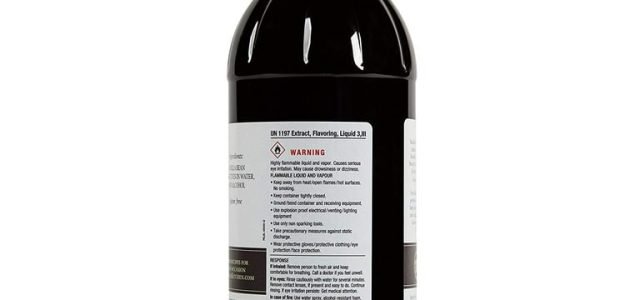Extra virgin olive oil (EVOO), commonly used in cooking and as a dressing for salads, has numerous health benefits. However, many people wonder if it is flammable or poses any fire hazards. In this article, we will explore the flammability of extra virgin olive oil and provide you with all the necessary information.

Credit: www.bostonglobe.com
Understanding the Basics
Before discussing the flammability of extra virgin olive oil, it’s essential to understand the basics. Any substance can burn if it reaches its ignition temperature and interacts with an oxidizer (usually oxygen) in the presence of a heat source or flame.
Smoke Point
The smoke point of an oil refers to the temperature at which it starts to emit smoke and produce unpleasant odors and flavors. It is an important factor to consider when cooking with oil as surpassing the smoke point can lead to the breakdown of the oil’s nutritional value and the formation of harmful compounds.
Extra virgin olive oil has a relatively low smoke point compared to other cooking oils. Its smoke point typically ranges between 325°F (163°C) and 410°F (210°C), depending on the quality and purity of the oil. This means that EVOO should not be exposed to high heat or long periods of cooking.
Is Extra Virgin Olive Oil Flammable?
While extra virgin olive oil does have a smoke point and can create smoke when heated excessively, it does not easily catch fire or ignite. Unlike highly flammable substances like gasoline or alcohol, EVOO requires fairly high temperatures to combust.
In day-to-day cooking scenarios, the likelihood of extra virgin olive oil catching fire is minimal. However, it is essential to be cautious when cooking with any oil to avoid overheating and potential fire hazards. Never leave hot oil unattended on a stove and ensure that you monitor the temperature while cooking.
Safe Use of Extra Virgin Olive Oil
To safely use extra virgin olive oil in your cooking, consider the following tips:
- Avoid exposing EVOO to high heat or prolonged cooking times. This helps preserve its nutritional value and prevent the formation of harmful byproducts.
- Use extra virgin olive oil for sautéing or light frying at low to medium heat. It complements the flavors of various dishes and provides a healthier alternative to other oils.
- If you need to cook at higher temperatures, consider using an oil with a higher smoke point, such as avocado oil or canola oil.
- Store your extra virgin olive oil in a cool, dark place to maintain its quality and prolong its shelf life.
- Regularly check for signs of rancidity by smelling and tasting the oil. If it smells off or tastes bitter, it may have gone bad and should not be used for cooking.

Credit: www.seattletimes.com
Frequently Asked Questions Of Is Extra Virgin Olive Oil Flammable? Discover The Explosive Truth!
Is Extra Virgin Olive Oil Flammable?
Yes, extra virgin olive oil is flammable, mainly due to its low smoke point and presence of fatty acids. Care should be taken when using it near open flames.
Can Extra Virgin Olive Oil Catch Fire?
Yes, if exposed to high heat, extra virgin olive oil can catch fire. It is important to be cautious and not overheat it to prevent any accidents.
What Temperature Can Extra Virgin Olive Oil Catch Fire?
Extra virgin olive oil has a relatively low smoke point of around 375°F (190°C), which means it can catch fire when heated beyond this temperature.
How Can I Safely Use Extra Virgin Olive Oil In Cooking?
To safely use extra virgin olive oil in cooking, keep the heat at a moderate level and avoid overheating it. Also, ensure you have proper ventilation to prevent any potential accidents.
Conclusion
Extra virgin olive oil is not highly flammable and does not easily catch fire. However, it has a relatively low smoke point and should not be exposed to high heat or used for extended periods during cooking. By following the recommended cooking guidelines and safe handling practices, you can enjoy the numerous health benefits of extra virgin olive oil without any concerns about its flammability.

